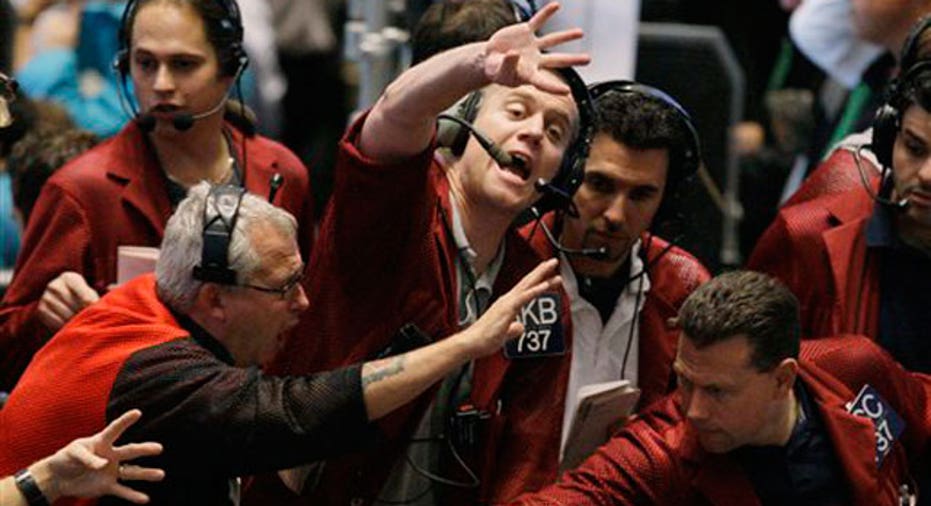Best Ways to Get Into Investing in Your 20s

Dear Dr. Don, I'm 23 years old, and I'm looking to start investing. I'm interested in stocks and mutual funds -- basically any investment that has good returns. I have about $1,000 to invest, so I just want to see what you think I should do.
Thanks, -- Jeff Jump-start
Dear Jeff, If you haven't funded an emergency fund to the tune of 3-6 months' worth of living expenses, then you really don't have $1,000 to invest. Assuming you have emergency money set aside, it's great that you have money to invest for your future life goals. What future goal do you want this investment to fund?
If you're working and can participate in your firm's 401(k) plan and the company matches your contributions, then contributing $1,000 of your pay to the plan can give you an immediate return in the form of the company match. This approach does limit you to the investment options in the 401(k) plan and does target your investments toward retirement goals.
Investing the money in a traditional or Roth individual retirement account is another option. Your ability to make tax-deductible contributions into a traditional IRA may be limited, based on your income and whether your employer has a qualified retirement plan you can participate in. Your ability to contribute to a Roth IRA may be limited by your income, but if that's the case, you can make nondeductible contributions to a traditional IRA account and then convert it to a Roth IRA.
These IRA accounts allow you to take distributions before retirement age in certain cases without having to pay the 10% penalty tax on early distributions. So you would later have the option of investing toward different life goals than retirement, including the down payment on a first home or qualified higher education expenses. Roth IRAs have special rules about the age of the account in determining whether a penalty tax is due on the investment earnings. The Roth IRA must have been set up and funded for five years before you can take out money for a first home as a qualified distribution not subject to tax or penalty.
It's harder than you think to find the right spot for $1,000 when investing. If an IRA account makes sense -- and at your age it's likely that the Roth IRA makes more sense than a traditional IRA -- you should consider investing the money in a low-cost brokerage Roth IRA account. Look for one with a low, or no, minimum balance requirement and, ideally, no fees.
Within the IRA, it's better when starting out to concentrate your investments in diversified mutual funds or exchange-traded funds, or ETFs, than to spread your investing into a dozen different concentrated investments.
I like the idea of you using ETFs to invest this money. You'll pay a brokerage commission when you buy or sell the ETF, but if you've chosen the right broker, commission should be less than $10. There are a lot of different ETFs to choose from. I encourage you to make your own decision about which ETFs to buy with an eye toward investing in ETFs that track broad market indexes. Keep an eye on the ETF's expense ratios in deciding which ETF to buy for your IRA investment portfolio.
Get more news, money-saving tips and expert advice by signing up for a free Bankrate newsletter.
Bankrate's content, including the guidance of its advice-and-expert columns and this website, is intended only to assist you with financial decisions. The content is broad in scope and does not consider your personal financial situation. Bankrate recommends that you seek the advice of advisers who are fully aware of your individual circumstances before making any final decisions or implementing any financial strategy. Please remember that your use of this website is governed by Bankrate's Terms of Use.



















